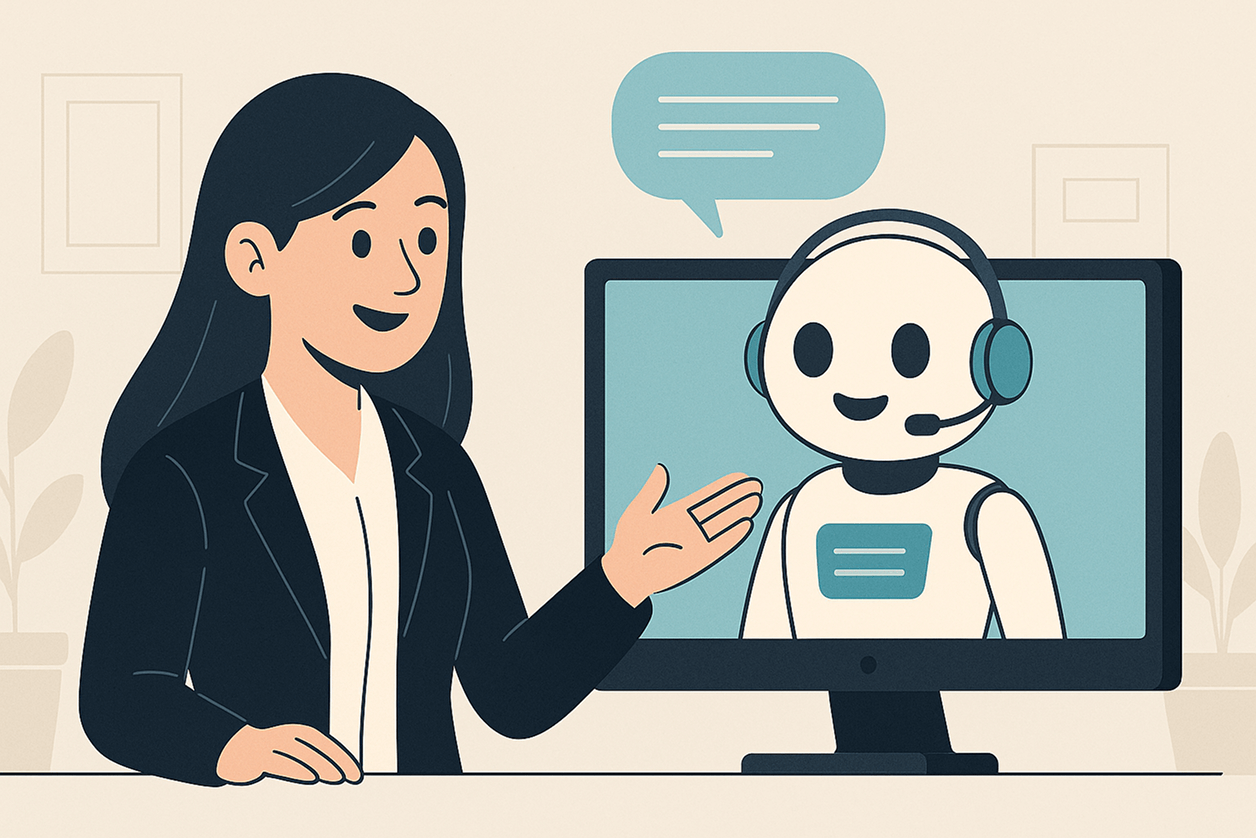If you’re running a business on WordPress in 2025, chances are you’ve considered adding a chatbot. Maybe you’ve already tried a few. Maybe you’re still skeptical. But here’s the truth: AI chatbots have matured. They’re no longer clunky tools that spit out canned replies. Today’s AI chatbots—especially those integrated into WordPress sites—are fast, context-aware, and surprisingly good at driving real business value.
Let’s walk through 10 real-world use cases where AI chatbots are transforming how businesses operate on WordPress. These aren’t hypothetical scenarios. They’re based on actual workflows and goals that small businesses, creators, and large teams face every day.
1. 24/7 Customer Support Without Hiring a Team
Customers expect answers at any time, but staffing for 24/7 support is expensive. AI chatbots fill that gap. They can answer FAQs, guide users through documentation, and even troubleshoot common problems—all without a single human agent involved. For businesses in different time zones or with global customers, this is game-changing.
2. Lead Qualification and List Building
Most websites get a mix of visitors—some are curious, others are ready to buy. A chatbot can ask pre-qualifying questions, segment leads, and push warm contacts into your CRM. This means your sales team doesn’t waste time on cold leads. And if you’re a solo founder? You just saved hours every week.
3. Onboarding New Users or Customers
Whether you’re offering SaaS tools, membership content, or online courses, the first few interactions matter. AI chatbots can guide users step-by-step, explain features, provide links to tutorials, and answer beginner questions. The result? Better retention and fewer support tickets.
4. Product Recommendations in eCommerce
AI chatbots can act as personal shopping assistants. Based on questions or preferences, they suggest products, upsell, or cross-sell items—all in real time. This turns casual browsing into actual purchases. For WooCommerce stores, this can directly improve average order value.
5. Event or Appointment Scheduling
If your business depends on calls, demos, or consultations, AI chatbots can handle scheduling. Integrated with tools like Calendly or Google Calendar, they guide users to book time without any back-and-forth emails.
6. Blog Navigation and Content Discovery
Have a blog with dozens or hundreds of articles? A chatbot can ask visitors what they’re looking for and suggest the most relevant posts. This improves time on site, reduces bounce rate, and keeps users engaged with your content.
7. Multilingual Support Without Hiring Translators
If you serve international audiences, chatbots with language detection can instantly switch to the visitor’s native language. This reduces friction, increases trust, and expands your market without massive localization costs.
8. Internal Knowledgebase for Teams
Some businesses use WordPress for internal portals or team dashboards. A chatbot trained on internal documentation can answer employee questions, explain workflows, or even surface policies—all in seconds.
9. Handling High-Traffic Launches
Running a product launch, flash sale, or media campaign? Expect a traffic spike. AI chatbots scale automatically, answering thousands of inquiries simultaneously without crashing or lagging—something no human team could manage efficiently.
10. Improving Conversion Rates on Landing Pages
This one’s big. A chatbot placed strategically on a sales or opt-in page can handle objections, answer hesitations, and nudge users toward action. Think of it like having a digital sales assistant who never sleeps.
Final Thoughts
AI chatbots on WordPress sites are no longer a novelty—they’re a smart business move. Whether you’re trying to save time, improve user experience, or drive revenue, there’s likely a chatbot use case that fits your needs.
If you’re looking for a powerful and free solution to get started, check out this wordpress chat bot that integrates seamlessly with your site and brings these use cases to life.

